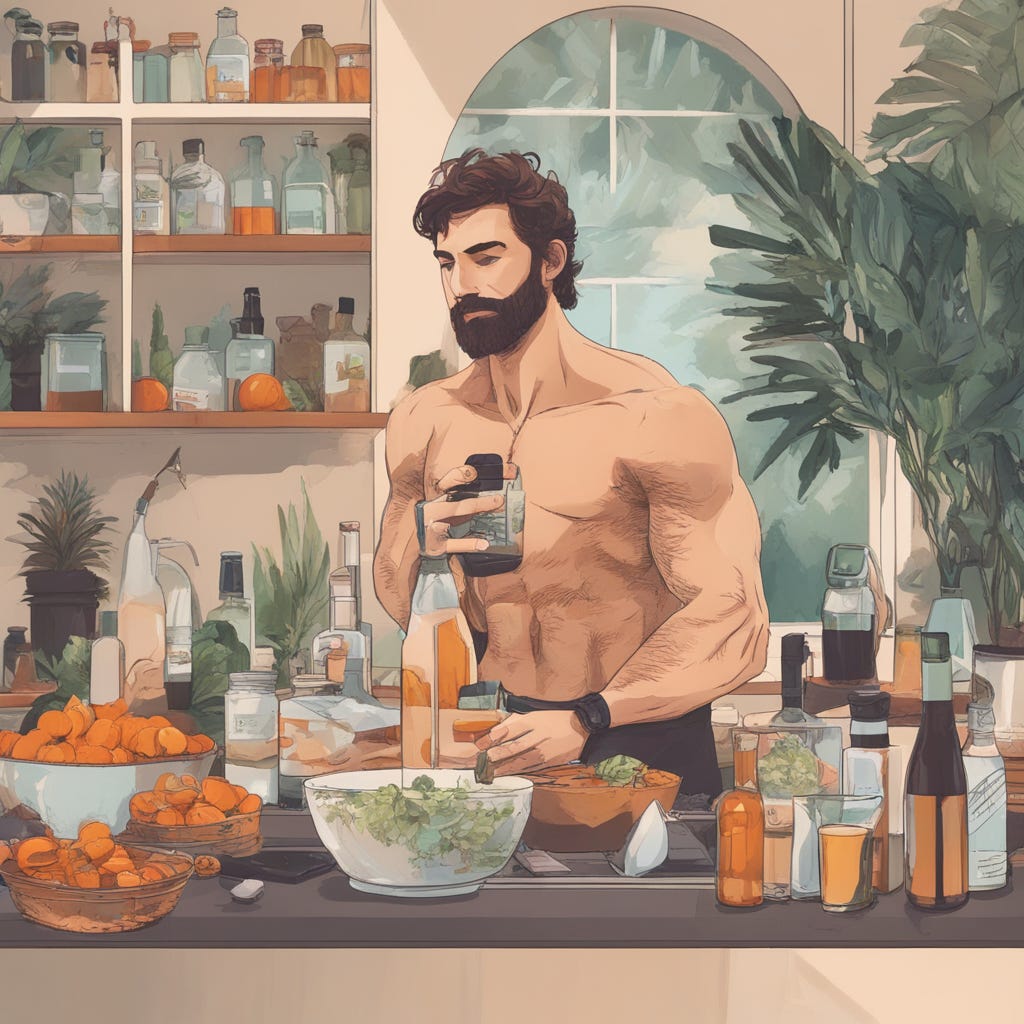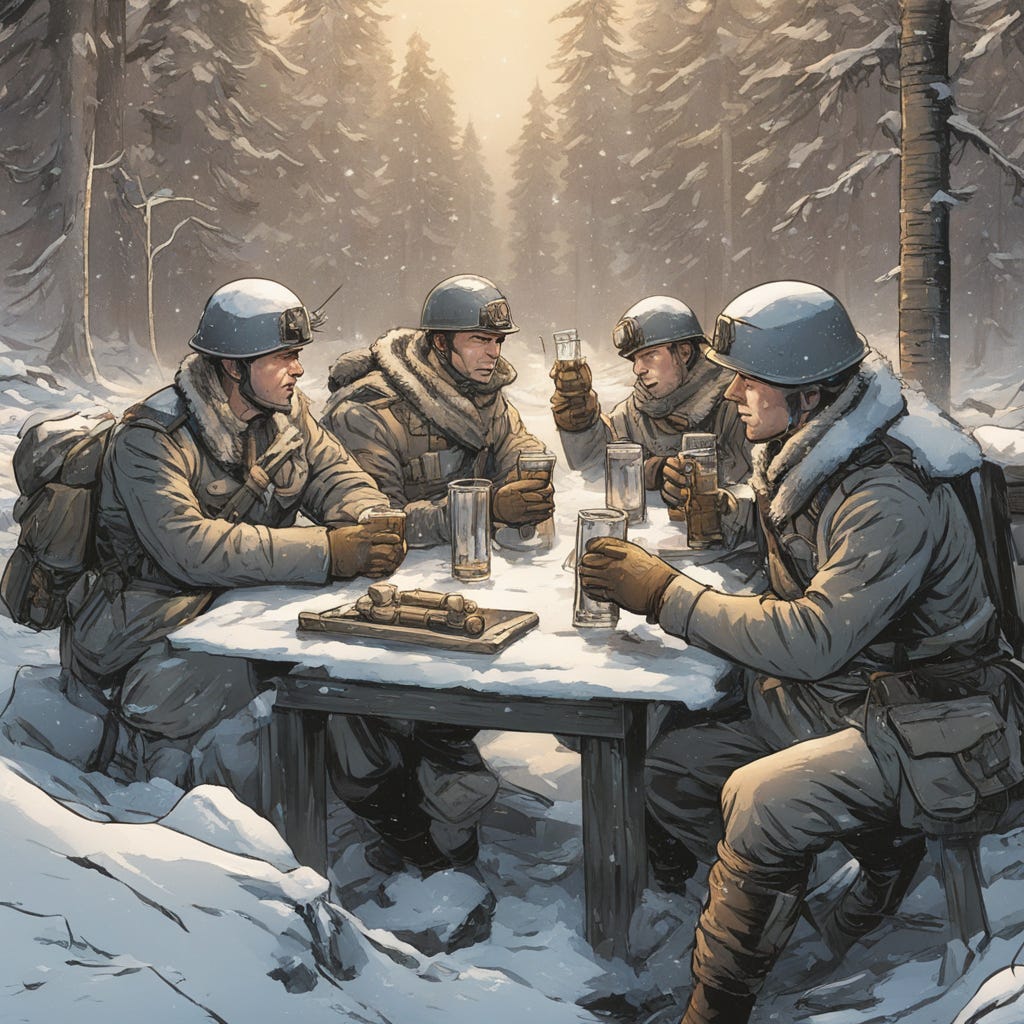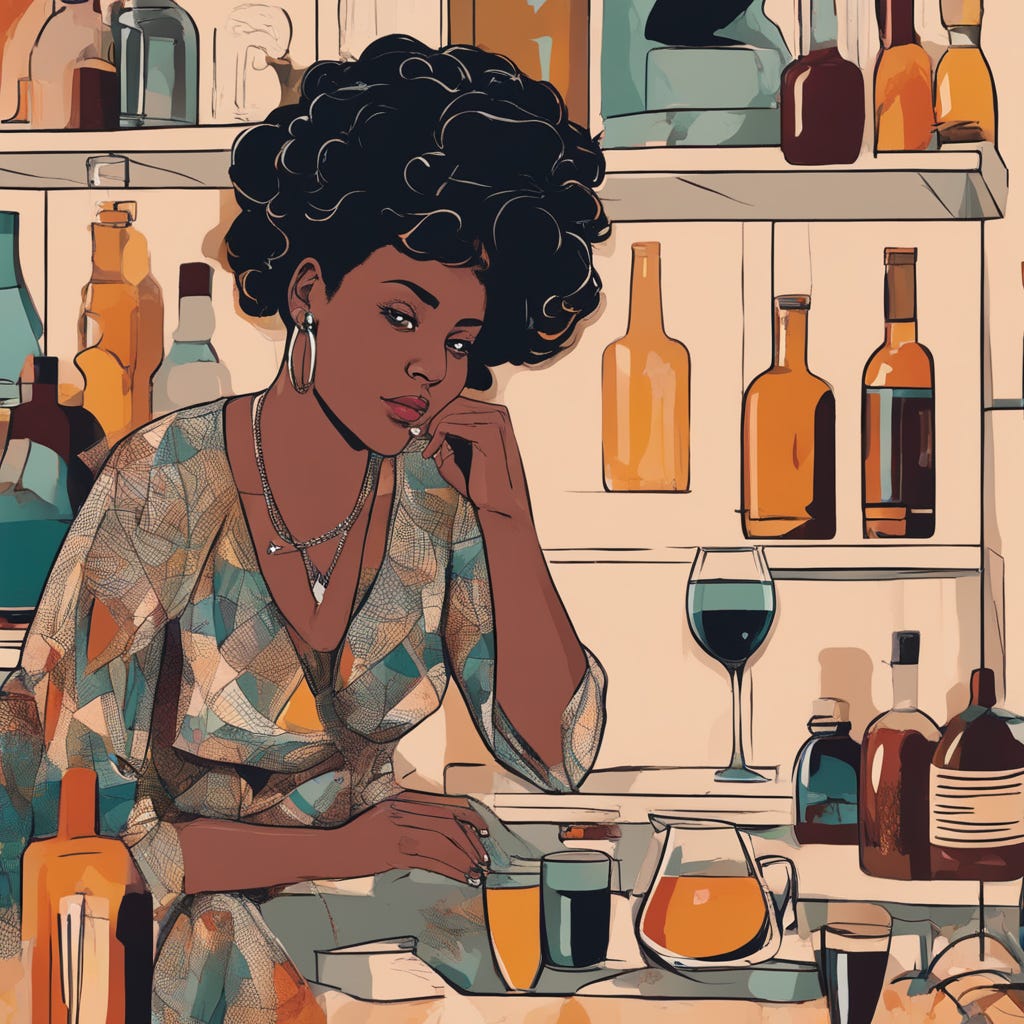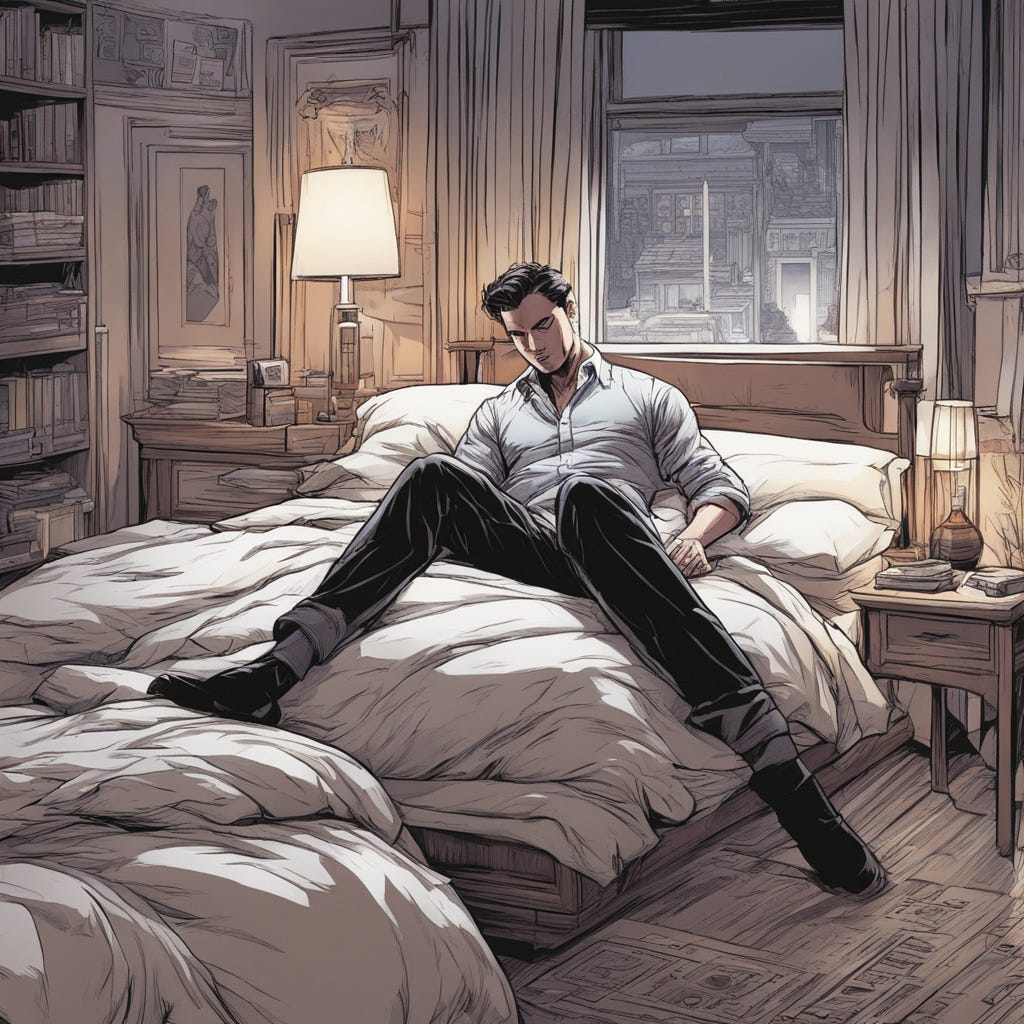Sober October Guide Part 1: What the %$@! is Sober October?
Award-winning bartender and wellness coach, Derek Brown, digs deeper into what is Sober October and the motivation behind it.

Here’s the short answer to what is Sober October: It’s the single best way to bio-hack your body, optimize your routine, and radically improve your daily life: lose weight, think better, improve your skin, get better sleep, have better sex, extend your life, rid yourself of toxic friendships, and live the life that you were always meant to live, alcohol-free.
All you have to do is not drink alcohol for 31 days. Hands wiped, good luck.
At least that’s what they’d have you believe by all of the rhetoric surrounding Sober October. And, though some of those things may happen, I don’t expect that any or all of those things will happen for you and me. Maybe better sleep. However, what you get in return for the Sober October challenge is likely more valuable than losing weight and better skin.
What Sober October Really Is
Sober October is a challenge month where you give up alcohol for 31 days. The idea started in in Brisbane, Australia in 2010 by Life Education as a way to raise money for preventative healthcare education for children. You give up alcohol and donate the money you would otherwise save during the month to their charity. They called it Oc-sober (I know, woof). The same concept was later adopted as a campaign in England to raise money for cancer research with a far better name, Sober October.
Sober October is similar to Dry January, which was created by Alcohol Change UK in 2013. (Though Dry January technically began in Finland in 1942, during World War II, as Raitis Januar or Sober January.) Dry January is, of course, the far more popular of the two challenge months, relegating Sober October to the second album––the sequel––without as much widespread recognition or acclaim.
But all of this is prologue. Sober October, for me, is far more important.
On Second Albums and Sequels
For one, I like second albums and sequels: Metallica’s “Ride the Lightning” over “Kill 'Em All” any day of the week; “Terminator 2: Judgement Day” crushes “The Terminator.” But, also, Sober October fills a different role. Because Dry January was already tied to New Year’s resolutions, it felt mainstream from the start. Sober October is the one you have to build your strength for––it wasn’t already a flex. Sure, it has been embraced by Joe Rogan along with many popular personalities and stars, but it still requires a greater deal of individual resolve.
Dry January you can go with the flow. Sober October, you are the flow.
That means you can shape your approach to the month to fit your own needs. Whereas Dry January you may have to answer for your digressions (“Hey, I thought you were doing Dry January?” [Sets down glass]), no one but you is likely keeping track during Sober October. Unless, of course, you enlist the help of a friend or an app, which doesn’t hurt.
You can do it completely sober, sober-ish, or create your own on and off days. As I’ve mentioned in my previous post, it’s not a religion. It’s a tool. It doesn’t require purity or perfectionism. That kind of all-or-nothing thinking can even be counterproductive.
Why Bother?
The meaning of Sober October is in the pursuit not the goal. There is definitely compelling evidence that reducing or eliminating alcohol can improve aspects of your health. But, for me, the most important aspect of taking a break is that it helps you understand why alcohol is there in the first place.
Alcohol is an important part of our culture and past. It’s not there by accident and some have even argued that drinking alcohol can be an evolutionary adaptation. Still, when you pick up a drink, why do you do it? Not why humanity drinks. Why do you drink alcohol? Is it because of habit, conformity, or peer pressure? What do you hope that drink will do for you?
For me, alcohol was a way to quiet the low-level idling engine of anxiety that I always felt. When I stopped drinking, the anxiety remained. However, I now had the chance to address it in more productive ways. I sought professional help and was able to improve my mental health, changing my relationship with alcohol from the inside out. That was just the start. I actually slept shittier for the first few days and ate a ton of sugary food. But, as I recognized what alcohol did for me, I also recognized what I needed. And, newsflash, it wasn’t alcohol.
Your relationship with alcohol may be entirely different. Maybe you just enjoy the taste and have an occasional drink. In which case, I apologize if you’ve read this far. The article wasn’t actually intended for you. Or your relationship with alcohol may not be as dire as mine was. Maybe you just want to lose a few pounds or improve your skin. All of that is valid, but for me the most important part is the process, not the result.
Sober October is the chance to learn more about yourself and any physical change that happens is a bonus. Ironically, we‘re often the last person to truly understand and navigate our own thoughts and urges. Too often they come in rapid succession, animating us as though we’re puppets of our own mind. Sober October is the break in that cycle. It can potentially change those habits and cycles in a meaningful way. That, to me, is what makes Sober October so vaulable.
Therefore, do it any way you want. Do it the way it was intended, do it your own way, or create some hybrid of the two. There isn’t anyone but you setting the pace. And, if you stumble, forgive yourself and get right back up. What matters most is not that you achieve any singular benefit, it’s what you discover along the way.
Next Week: Checkmate, Sober October
In next week’s post, I’ll discuss my RATE acronym as a means to stick Sober October (along with my love of chess). Sign up for my free newsletter if you haven’t already and get notice of new posts before anyone else. Also, you’ll get the chance to get a copy of my “31 Days of Non-alcoholic Drinks” calendar and other perks for recommending the newsletter to your friends.
I’m grateful to my partners in the Sober October Guide: Sunnyside, a science-backed mindful drinking app that can help you during the challenge (sign up for free), and Boisson, an online retailer of curated non-alcoholic drinks that ships nationwide (get 10% off with the discount code: DEREK10).
If you want to learn more about Sunnyside, listen to co-founder Ian Andersen discuss the app and mindful drinking movement on the Untangle podcast.
Derek Brown is an author, award-winning bartender, NASM-certified wellness coach, and founder of Positive Damage, Inc.
This newsletter is free and public. Share with anyone you think will enjoy it.







